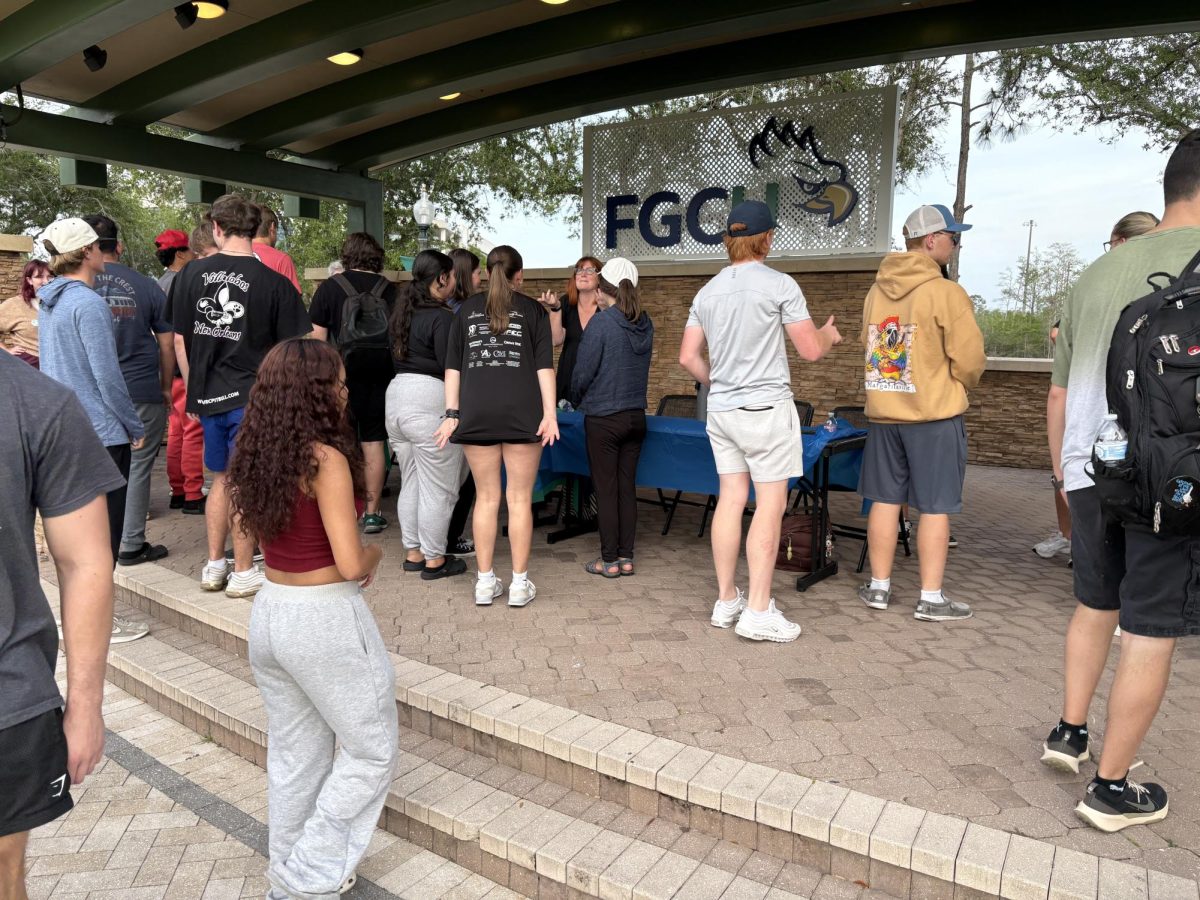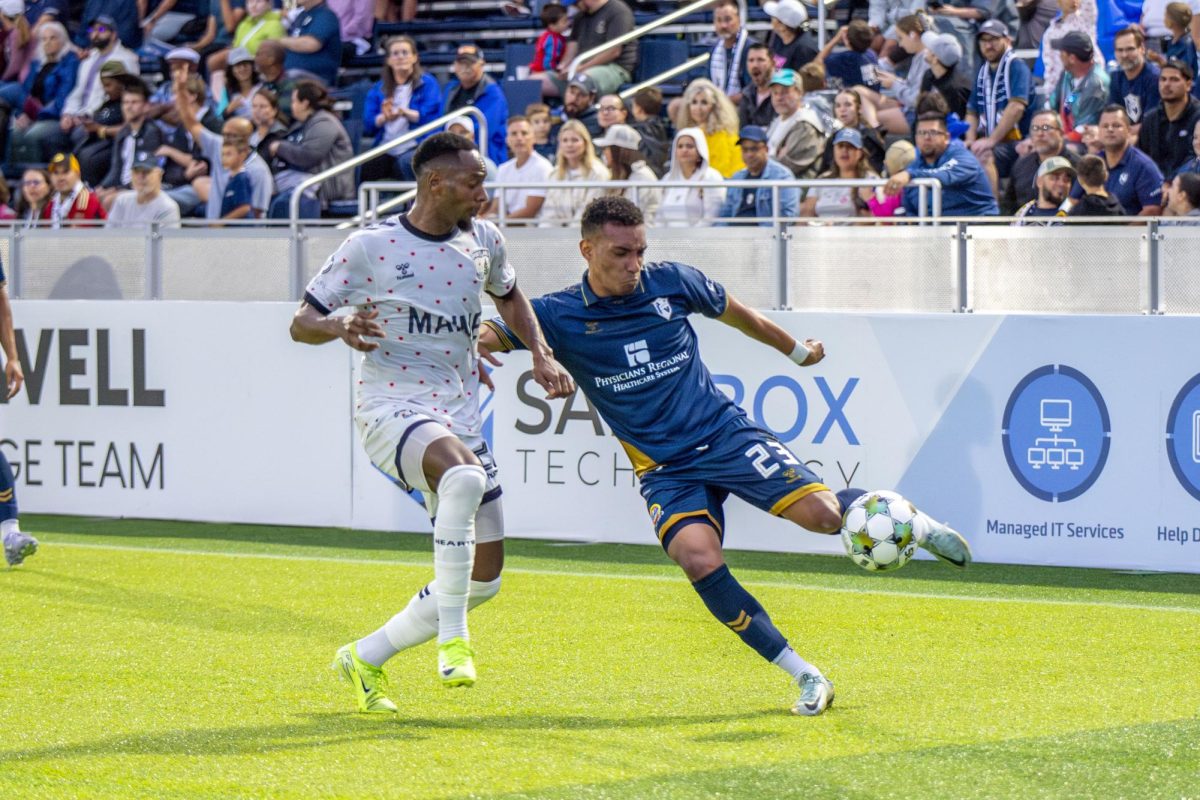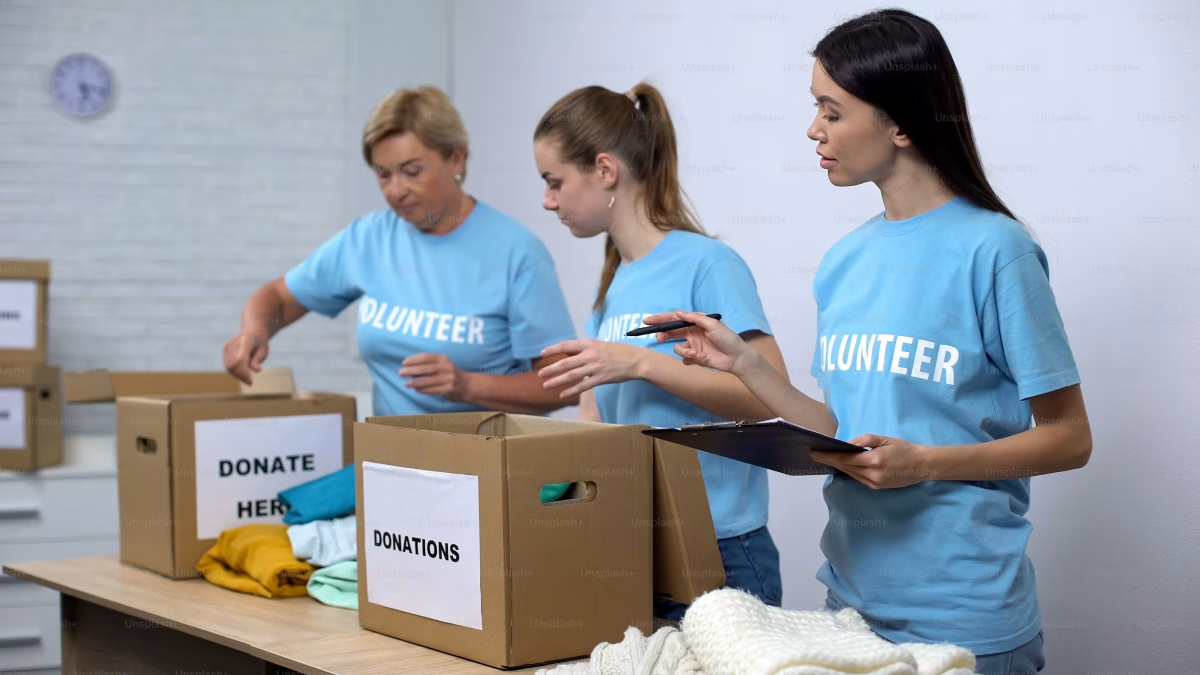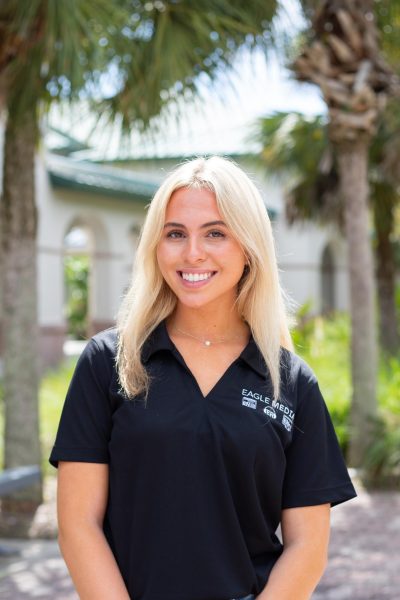Volunteering is beneficial at the individual and societal level– many of our local communities are reliant on the services of volunteers and nonprofit organizations. Service is an essential component of our society because groups and individuals offer skills, resources and time to the local community that some residents may not be able to afford or access otherwise.
Recognizing this local need, FGCU has embedded a culture of community service into the education it provides students. FGCU is one of the few universities nationwide that require service learning hours as part of their graduation requirements.
Beyond benefiting the community, volunteering also fosters a sense of purpose and fulfillment. Joining an organization can help individuals find a community and sense of belonging. Getting outside and serving, fully immerses you in local culture and allows you to feel connected with other residents.
However, if we know the benefits and have experienced them, why don’t more people volunteer? I give credit to egocentrism, a seemingly growing phenomenon in the 21st century. Egocentrism, defined by Jean Piaget and built off Sigmund Freud’s concept of ego, is the regard of self as the center of all things.
The inability to see or understand the perspective of others traps us in our own viewpoint. Remaining trapped in this viewpoint can be detrimental to our relationships and long-term mental health.
It seems that often people are only concerned about what impacts them directly. What many fail to understand is even that which indirectly impacts you, has a way of coming around directly. This could be in the form of people you know being impacted, new legislation, or experiencing cognitive dissonance for not lending a hand when it was needed.
After Hurricane Ian, I was given the opportunity to serve with my church in the form of a food drive. It was one of the most impactful projects I’ve ever been a part of, and it was an honor to be able to meet the needs of so many in my community. The joy of being able to aid my community at that time is what got me through the aftermath of the storm that destroyed my hometown. This eventually led me to almost a feeling of guilt– why did volunteering make me feel so good?
Maslow’s hierarchy of needs claims self-actualization as the highest level of individual needs. It refers to the fulfillment of an individual’s purpose and realization of their potential. This need can be met through the act of volunteering. When we begin to participate in crucial projects in our community, we become aware of the good our hands and minds can do. This is what drives us to become innovators and fills us with self-worth.
If egocentrism is a possible reason why people don’t volunteer, can it also be a reason that they do? Although volunteers are supporting their community, it’s possible that many volunteers mainly do so for their own, personal benefit. Serving our community can benefit others and contribute to our own fulfillment and ego in return.
The question remains: Does this make volunteering inherently selfish?




























